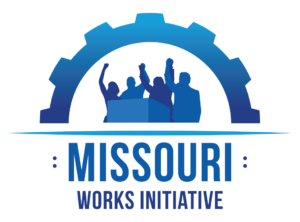Wellness & Well-being Highlights January 6th
Wellness & Well-being Highlights
for the
Week of Jan 6th, 2024
This week’s edition of our Worker Wellness & Well-being blog looks at why Gen Z struggles in the workplace—to a variety of articles on the dangers of alcohol and what is a “Dry vs Damp” January—to mix of articles covering how proper sleep, exercise, and breathing are good for one’s Mental Health. This week I would like to take this opportunity to express my heartfelt condolences to the family of Jimmy Carter—the 39th US President—who passed away this past week at the age of 100.
As a student of organizational leadership, I always admired Abraham Lincoln. After all, he led a divided country through a very tumultuous period. As the ultimate unifier, I will always consider him the greatest president while in office. However, when it comes to the greatest president after one’s term in office, I cannot think of a better role model than Jimmy Carter.
Whether it was advancing human rights, fighting global diseases, building homes for the needy, or intervening in and consulting on another country’s affairs (sometimes not appreciated by that period’s current US administration) former President Carter spoke his mind…backed by the wisdom that comes from years of experience as an officer, farmer, businessman, Sunday School Teacher, and governor. While in office he brokered the Camp David Accords (1978) as well as created the US Departments of Education and Energy. For the sake of this blog, most importantly, Jimmy Carter took a positive stand on Mental Health as noted below…and, for this, I am grateful!
Shortly after assuming office in early 1977, Jimmy Carter created a presidential commission on mental health. His action suggested the existence of deep-rooted problems in a mental health system that was fragmented, lacked cohesion, and often failed to meet the needs of many groups, notably those individuals with severe and persistent mental illnesses. The creation of such a commission also had an important symbolic element, for it indicated the president’s awareness and concern.
The provisions of the Mental Health Systems Act reflected the ambiguities and contradictions that had been characteristic of mental health policy during the preceding two decades. The act reaffirmed the priority for community mental health services, particularly for such underserved groups as individuals with chronic mental illnesses, children and youth, the elderly, ethnic and racial minorities, women, the poor, and rural residents. It emphasized planning and accountability and mandated “performance contracts” as a condition for federal funding, the creation of new intergovernmental relationships, and closer links between the mental health and the general health care systems.
Source: https://pmc.ncbi.nlm.nih.gov/articles/PMC2690151/
Happy 2025: Re-thinking Your Resolutions
Brain Health Quiz (Depression/Dementia)
Brits / Ukraine / Battle Stress
First Responders & Psilocybin Retreats
What to Know About Anti-depressants
US Surgeon General’s Alcohol Warning
Parents / Children / Photo Abuse
Therapists / Disasters / Empathy
NLRB / Employers / Captive Audiences
Dartmouth Men’s Bball Team Ends Unionization Attempt
Local Impact: Biden Blocks US Steel Deal
J Carter’s Impact on Global Disease
J Carter & Habitat for Humanity
J Carter: 1 termer w/ a Nobel Peace Prize
Teaching / Expectations / Inclusion
Upcoming webinars, etc.:
2024 Elections & Stress (1/14)




Leave a Reply
Want to join the discussion?Feel free to contribute!